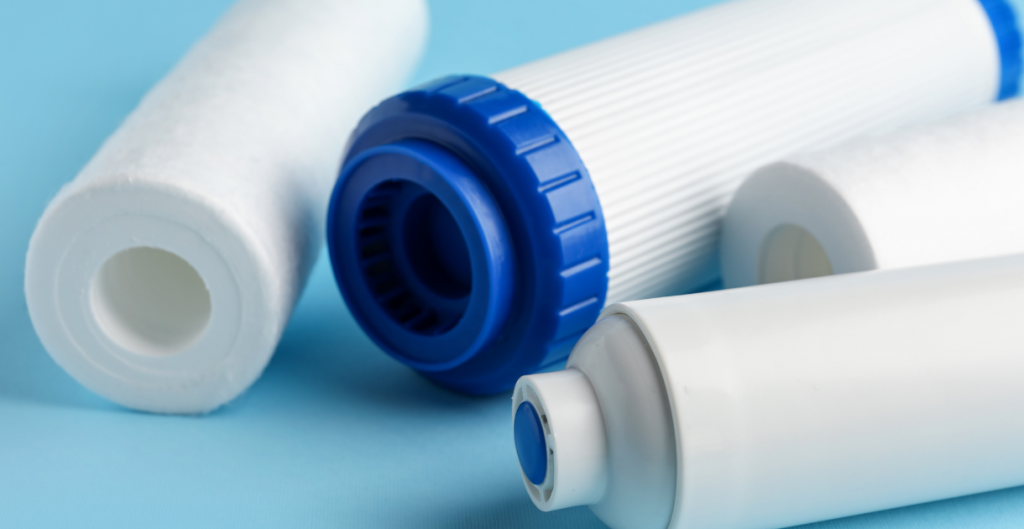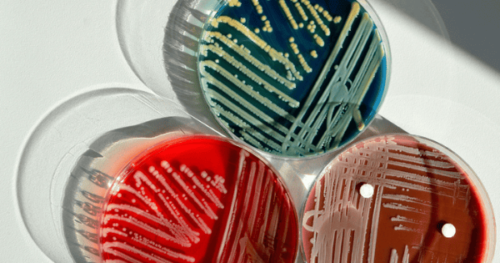Introduction:
Life science research involves the pursuit of knowledge about living organisms, their functions, and interactions. Throughout the research process, maintaining purity and efficiency is paramount. Cartridge filters, with their exceptional filtration capabilities, play a crucial role in achieving these goals. In this blog, we will explore the significance of cartridge filters and their diverse applications in the field of life sciences.
Understanding Cartridge Filters:
Cartridge filters are cylindrical filtration devices designed to remove impurities, particles, and contaminants from fluids. They consist of a cartridge housing and a replaceable filter element contained within it. Cartridge filters are available in various materials, pore sizes, and configurations, making them versatile tools for different research applications.
Efficient Particle Removal:
One of the primary functions of cartridge filters in life science research is efficient particle removal. The filter element within the cartridge effectively captures and retains particles of varying sizes, ranging from large debris to microscopic contaminants. This capability ensures that the fluid passing through the cartridge filter is free from unwanted particles, enhancing the purity of samples and experimental results.
Sterile Filtration:
Cartridge filters are invaluable in achieving sterile filtration in life science research. They are specifically designed to remove microorganisms such as bacteria, fungi, and viruses from fluids, ensuring aseptic conditions. Sterile filtration using cartridge filters is vital in applications like media preparation, cell culture, and pharmaceutical production, where the absence of contaminants is critical.
High Flow Rates and Throughput:
Cartridge filters are known for their high flow rates and large surface areas, allowing for efficient filtration and high throughput. The design of cartridge filters enables rapid processing of larger volumes of fluid while maintaining effective filtration performance. This characteristic is particularly advantageous in applications requiring quick filtration, such as large-scale purification processes or high-throughput screening.
Chemical Compatibility and Selectivity:
Cartridge filters offer a wide range of material options to ensure chemical compatibility with different fluids and solvents used in life science research. Researchers can select filter cartridges made of materials like polypropylene, nylon, or PTFE based on the specific requirements of their experiments. This versatility allows for selective filtration and compatibility with diverse research applications.
Customization and Versatility:
Cartridge filters can be customized to meet specific research needs. Researchers can choose from a variety of pore sizes and filter media options, tailoring the cartridge filter to the targeted particle size range or the desired level of filtration. The flexibility and adaptability of cartridge filters make them suitable for various life science research applications, including filtration, purification, and separation processes.
Longevity and Cost-Effectiveness:
Cartridge filters are designed for durability and long service life. They can be used multiple times by replacing the filter element while retaining the housing, reducing overall costs. The longevity and cost-effectiveness of cartridge filters make them a reliable and economical choice for continuous filtration requirements in life science research laboratories.
Conclusion:
Cartridge filters are indispensable tools in life science research, enabling efficient particle removal, sterile filtration, and high-throughput processing. Their chemical compatibility, selectivity, and customization options make them versatile across a range of applications. By utilizing cartridge filters, researchers can enhance the efficiency, purity, and reliability of their experimental processes, contributing to advancements in the field of life sciences.
In the ever-evolving landscape of life science research, cartridge filters serve as essential components, ensuring the integrity and quality of experimental results.
Website : https://gvsmalaysia.com.my/



